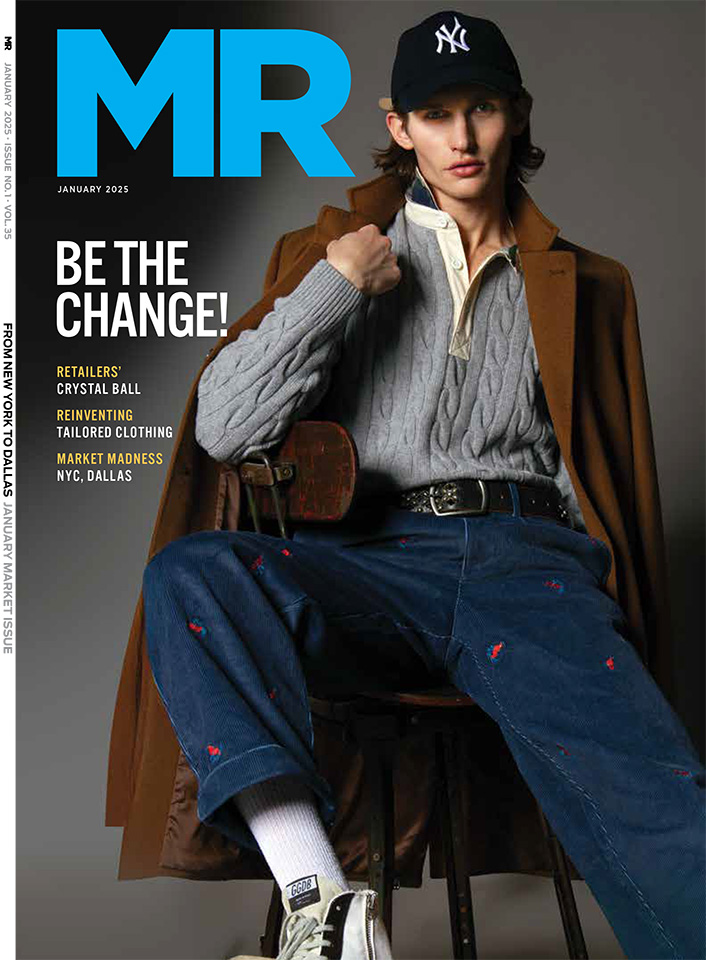OPINION, MICHAEL MACKO: NIBBLING ON THE HAND THAT FEEDS YOU


Since the name of this magazine stands for Menswear Retailing, talking about brands that are strictly vertical or changing to that business model is a bit controversial, but I think it’s something the retail industry has to acknowledge. I’ve spoken to execs at other brands that have gone vertical: besides the cost savings and better margins, the most common reason given is all the work involved with wholesaling. Hiring and paying sales reps, dealing with stores on compliance issues, chargebacks and markdowns, these are all issues they don’t want to deal with.
Does this portend the death of retailing? Of course not, just as e-commerce did not kill brick and mortar, nor did digital media kill print. Does it mean that retailers should acknowledge this trend is happening? I hope so. One of the things that constantly amazes me is the fluidity of the menswear industry today vs. 10 years ago. Magazines have stores, stores have magazines, everyone has a website. Editors are retailers, retailers have always been editors. The silos used to be rigid, but not anymore. Few brands today will launch without an e-commerce site so they all become de facto retailers, quickly learning the ropes.
At the same time retailers have been evolving into designers and brands themselves. “Our own private label is our number one brand,” several major retailers have told me. If you’ve built your store name into one that customers respect, they’ll likely pay you for it, especially if that brand is value-priced. With healthier initial markups, these private label brands can survive some steep markdowns and still turn a profit for the store.
Thanks to technology, the world has become a much smaller place. You’re not only competing with the store across the street and the one in the local mall, but now the one across the globe and ones that only exist virtually. The current state of retail reminds us that we have to stay open to new ideas, evolving the old way of doing business. I remember when I was at Saks Fifth Avenue and we were launching our e-commerce business: a very well respected merchant insisted that “men will never buy tailored clothing online.” Never say never.


